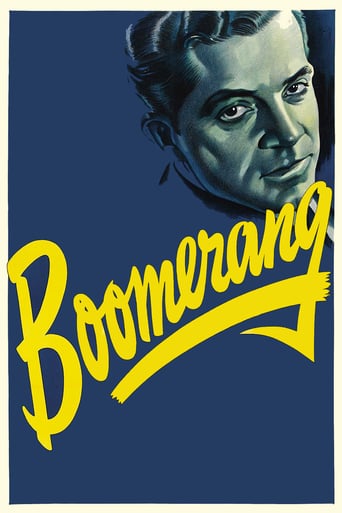


Boomerang!
In a quiet Connecticut town, a kindly priest is murdered while waiting at a street corner. The citizens are horrified and demand action from the police. All of the witnesses identify John Waldron, a nervous out-of-towner, as the killer. Although Waldron vehemently denies the crime, no one will believe him. District Attorney Henry Harvey is then put on the case and faces political opposition in his attempt to prove Waldron's innocence. Based on a true story.
-
- Cast:
- Dana Andrews , Jane Wyatt , Lee J. Cobb , Cara Williams , Arthur Kennedy , Sam Levene , Taylor Holmes


Similar titles


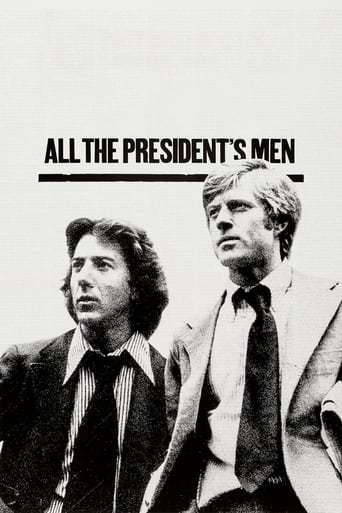


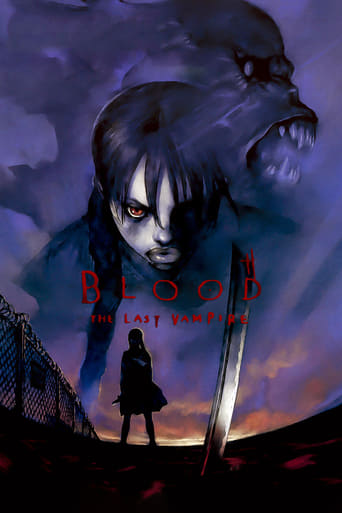
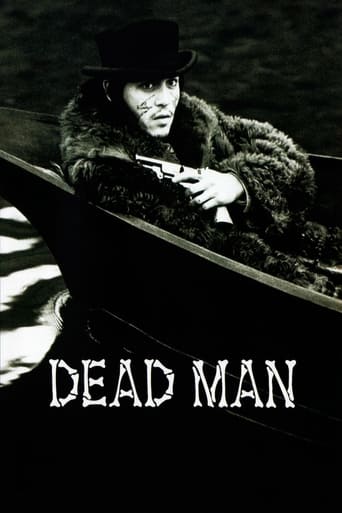

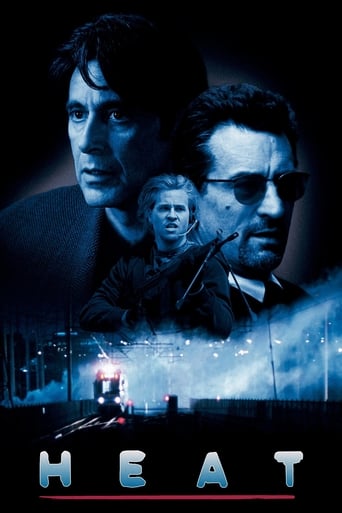
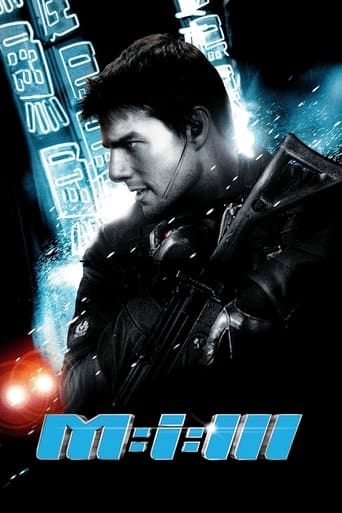
Reviews
Good films always raise compelling questions, whether the format is fiction or documentary fact.
The acting in this movie is really good.
It's a feast for the eyes. But what really makes this dramedy work is the acting.
A clunky actioner with a handful of cool moments.
As dusk settles on a small Connecticut city someone approaches a well-liked priest who is out for a walk and shoots him in the head.The act of violence occurs as the city is under the leadership of a reform city government which comes under fire from the local press for ineptitude for not arresting someone right away. When they do, of course it's the wrong guy, a World War 2 veteran of the Pacific campaign, sort of a drifter looking for a new start. Dana Andrews plays the prosecutor who resists a strong current of opinion that this guy must be convicted in order to project the right image whether or not he's actually guilty. His wife is played by Jane Wyatt in a pretty good role, but the actual stars of this well-done courtroom drama are the ones who play the eye-witnesses and Andrews himself, who is stellar, as usual. The actors and script by Richard Murphy mesh well together, each side brings out the best in the other, thanks most likely to Elia Kazan the director. For a ninety minute film it contains quite a bit of well-drawn out angles.
The title of this film is a bit of a mystery. There is no connection with Australia, and boomerangs are never seen, or even mentioned, during the film.In 1924 a priest named Hubert Dahme was shot dead on the streets of Bridgeport, Connecticut. There were no obvious suspects and no obvious motive for the crime; Father Dahme was a popular man with no known enemies. Eventually a vagrant named Harold Israel was arrested and charged with the murder. At first the case against Israel seemed a strong one, but he was eventually cleared through the efforts of a determined lawyer. Surprisingly, this was not his own defence counsel but the man tasked with prosecuting him, the Connecticut state's attorney, Homer Cummings, who later became United States Attorney- General under the Roosevelt administration. Cummings became convinced that the police evidence was unsatisfactory and persuaded the Court to discount it. Israel was acquitted; the true murderer was never found.The film is a fictionalised version of this true-life murder case. The action is updated from the twenties to the forties. Names are changed; the murdered priest becomes "Father George Lambert", the accused man "John Waldron" and the state's attorney "Henry Harvey". The local authorities in Bridgeport, who may still have had a guilty conscience about the way Israel had been treated, refused permission to film there, so the film was actually shot in neighbouring Stamford. As in the real- life case the crime is never officially solved, although the film strongly implies who the real killer is. "Boomerang!" has a lot in common with the James Stewart film "Call Northside 777", another crime drama from the following year. Both films are based on a true story from the twenties or thirties, and both deal with a fight to clear men wrongly accused of murder. In "Call Northside 777" the two men have already been convicted and are serving a sentence in jail; here the defendant is on trial for his life. Both are made in a semi-documentary style, a mixture of documentary realism and film noir, and make use of voice-over. One actor, Lee J. Cobb, appears in both films. There is more to the film, however, than a documentary reconstruction of real-life events. There is also a strong political element. Political control of the town in which the action takes place has recently switched to a vigorous reforming administration, here referred to as the "Reform Party". After Father Lambert is killed, however, this new administration comes under attack from both press and public for the alleged incompetence of the police in failing to find the murderer. Harvey, therefore, comes under a lot of pressure from his political bosses who have a vested interest in ensuring that Waldron is convicted, and his reluctance to press the case is misinterpreted as stemming from support for the opposition faction in the town, who have an equally strong vested interest in ensuring that Waldron is acquitted. Those pressurising Harvey do so from a mixture of motives. At one end of the scale is the relatively decent Police Chief Harold Robinson (Cobb's character), who sincerely believes Waldron to be guilty. At the other end is Paul Harris, an obviously corrupt local councillor who does not care one way or the other about justice, but is desperate to see Waldron convicted because he fears than one of his corrupt schemes will miscarry should he be voted off the Town Council.I was interested in the film because it highlights obvious differences between the British and American (or at least Connecticut) justice systems. A prosecuting barrister in Britain could not drop a prosecution without the consent of those instructing him, generally the police or Crown Prosecution Service. Harvey, however, clearly has much more extensive powers, and mindful of the American lawyers' Code of Ethics, which stipulates that a prosecutor's main duty is not to obtain a conviction but to see that justice is done, he begins to subject the police evidence to independent scrutiny. One by one the key planks of the police case, which originally seems a solid one, begin to crumble. Waldron's confession is shown to have been obtained by oppression. Several eye-witnesses are shown to have been unclear or mistaken about what they saw; the one whose testimony seems firm is revealed to be an embittered ex-girlfriend with a grudge against Waldron. The ballistics evidence which seemed to show that the fatal bullet was fired from Waldron's gun proves to be unreliable.Dana Andrews was not always my favourite actor, especially when he ended up in substandard war dramas like "North Star" or "The Purple Heart", but he is good here as Harvey, an earlier version of Atticus Finch, a man who believes that lawyers must have a conscience and act with integrity, no matter what side of the law they may be on. He receives good support from Cobb as Robinson, a decent but limited man who cannot conceive that supposedly firm evidence can turn out to be flawed, and from Arthur Kennedy as Waldron, who shows that innocent men are not always nice ones, and unsympathetic men not always guilty. "Boomerang!" not just a documentary; it is also a solidly-crafted legal drama with a griping courtroom climax. 7/10
A beloved Protestant Episcopal minister, Father George Lambert (Wyrley Birch), is shot to death at night while lighting his pipe on a city street. A man in a white hat and a dark trench coat runs away. In brief flashback we see several kooks who may be the murderer. After many days there is no break in the case as the political pressure intensifies and the local citizen's committee demands action. State Attorney Henry Harvey (Dana Andrews) and Police Chief Robbie Robinson (Lee J. Cobb) feel the heat. Police Commissioner James (Ben Lackland) perturbs Robinson, who threatens to quit. There are also those politicians who want Harvey to look badly. Trying to ridicule the reform administration currently in power, the local newspaper ("Morning Record") screams a headline: "Report Police Dept. Under Fire From State House." The same newspaper runs editorial cartoons about the blind leading the blind. Finally a vagrant who possibly matches a sketchy description is picked up in Ohio and extradited to Connecticut. He is identified in a police line-up by several witnesses. Under an intense and grueling two-day interrogation by such folks as Detective Lt. White (Karl Malden), the man (John Waldron = Arthur Kennedy) cracks and confesses to the crime. Ballistics tests say that the bullet lodged in Father Lambert's brain came from Waldron's handgun. It appears to be an open and shut case.But when Harvey speaks to Waldron behind bars, he begins to have doubts about Waldron's guilt, even though the suspect is angry and unstable (and, as we have seen, had an altercation with the priest earlier). Harvey remembers the Lawyers' Code of Ethics that justice is more important than conviction. Consequently, at the indictment hearing, although the state attorney lays out a course that appears leading to a deposition of guilt, Harvey in fact states that the suspect is innocent ("nolle prosequi"). The courtroom erupts, immeasurably displeasing the judge, who is also unhappy with Harvey, as is Robinson. The judge, believing that Harvey is being pressured by political chicanery, warns about possible malfeasance and disbarment. Harvey is risking his reputation. There is another angle. Paul Harris (Ed Begley) wants a conviction so that his party will be assured of an election victory. Harris owns the Sunset Realty Company, which is trying to sell ten acres of land to the city for the charitable Project for Recreational Center (for children). If his party does not win the election, the city will not approve of the purchase and Harris will be financially ruined. Complicating matters is that Harvey's dutiful (and attractive) wife, Madge (Jane Wyatt) is an altruistic volunteer Chairman of the Project. Although she is not privy to the schemes of Harris, he threatens to implicate her; it will look bad in the newspapers. Harris even pulls out a handgun and threatens Harvey (Yikes, only in Hollywood!). On the second day of the indictment session, Harvey requests that he call in witnesses, not prohibited but unusual. He shows the inconsistencies of the statements of the witnesses, with at least one with an agenda. Harvey also demonstrates that the police ballistics testing was incorrect. Seeing his ruin, Harris takes out his handgun and commits suicide. Case dismissed. The newspaper reads: "Waldron Freed" and "Harvey Exonerates Murder Suspect." Meanwhile a possible suspect perishes in an automobile crash. By the way, the case was never solved.The movie was based upon the murder of a popular Catholic priest (not a Protestant minister), Father Hubert Dahme, in 1924 in Bridgeport, Connecticut. That case too was never solved. As Bridgeport would not cooperate with filming, the movie was shot in nearby Stamford. It is interesting to note that the state attorney (Homer Cummings, a Democrat) on that case became the nation's attorney general in the Roosevelt Administration. Ably directed by Elia Kazan, this realistic and hard-hitting drama is one of the best films of the year. Dana Andrews, an intense actor, stars as a lawman with a deep conscience. Jane Wyatt, whose career began in the 1930s, would later star (as Margaret Anderson) with Robert Young in the popular "Father Knows Best" TV series (1954-1960). Top portrayals were also delivered by proved performers Arthur Kennedy, Lee J. Cobb, Ed Begley, and Karl Malden.
The picture was based on a case involving Homer S. Cummings, a former Mayor of Stamford, CT and one our greatest Attorney-Generals. He served under FDR in the 1930's and created a strong criminal justice arm of the Department of Justice. I saw the film more than 50 years ago and watched it again the other evening on Turner Classic movies. The cast is excellent and I had the distinct pleasure of meeting Dana Andrews when he visited Boston University in the mid 1960's. He was always a very serious actor and was wonderful in "The Best years of Our Lives," and "Laura."Richard J. Garfunkel Host of the Advocates WVOX 1460 am radio New Rochelle, NY
